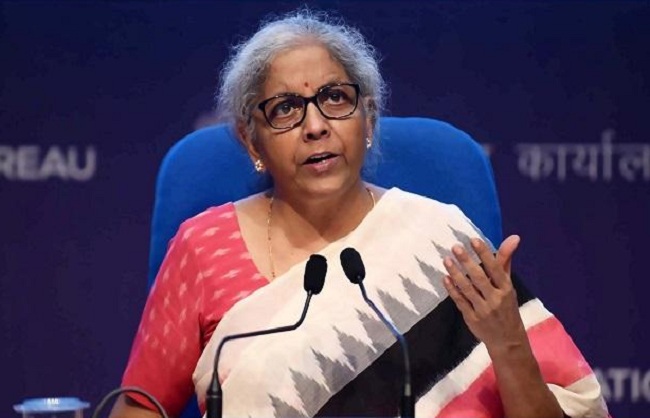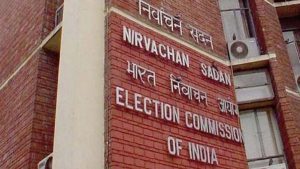New Delhi, 31 May: Finance Minister Nirmala Sitharaman launched a stinging assault on the opposition Congress, claiming that the bad loan crisis during the UPA’s tenure hindered the credit requirements and ambitions of crores of aspiring Indians seeking to build start-ups and develop small companies.
In a lengthy series of tweets on her X timeline, she attacked Congress and its supporters, claiming that the UPA administration decided to favour dynasts and cronies while abandoning a major portion of Indians.
When the Modi administration seized power, these cronies fled for fear of punishment, she said in a four-part article on the social networking platform. The Minister stated that those who claim credit for bank nationalisation kept the country’s poor and middle class unbanked for decades while their leaders and cronies ascended the corruption ladder.
She said that it was her government that implemented substantial and long-term changes. ?Our changes aimed to strengthen credit discipline, stress identification and resolution, responsible lending, and governance,? she remarked.
The Minister stated that her government replaced political meddling in banks with professional integrity and independence. She stated that in 2015, “our government created a framework for early identification and investigation of large-value bank crimes.”
“Despite professing to be experts in finance and the economics, opposition leaders continue to be unable to discern between write-offs and waivers. Banks aggressively seek recovery of bad loans after ‘write-offs’ under RBI standards,” according to the minister.
There were no debt waivers for industrialists. From 2014 to 2023, banks recovered more than ?10 lakh crores in bad loans.
She stated that the ED probed around 1,105 bank fraud cases, resulting in the attachment of profits of crime totaling ₹ 64,920 crore.
“Under UPA, receiving loans from banks was sometimes dependent on powerful connections rather than a sound business pitch. Banks were obliged to forego appropriate due diligence and risk assessment before making these loans. According to the minister, this resulted in a tremendous surge in NPAs and institutionalized grafts. Many banks disguised and avoided disclosing their problematic loans by evergreening or restructuring them,” she explained.
Against a backdrop of large bad loans and bank health in disarray, banks become hesitant to lend to new borrowers, particularly MSMEs. She stated, “From having a Twin Balance Sheet Problem, we now have a ‘Twin Balance Sheet Advantage’.”





